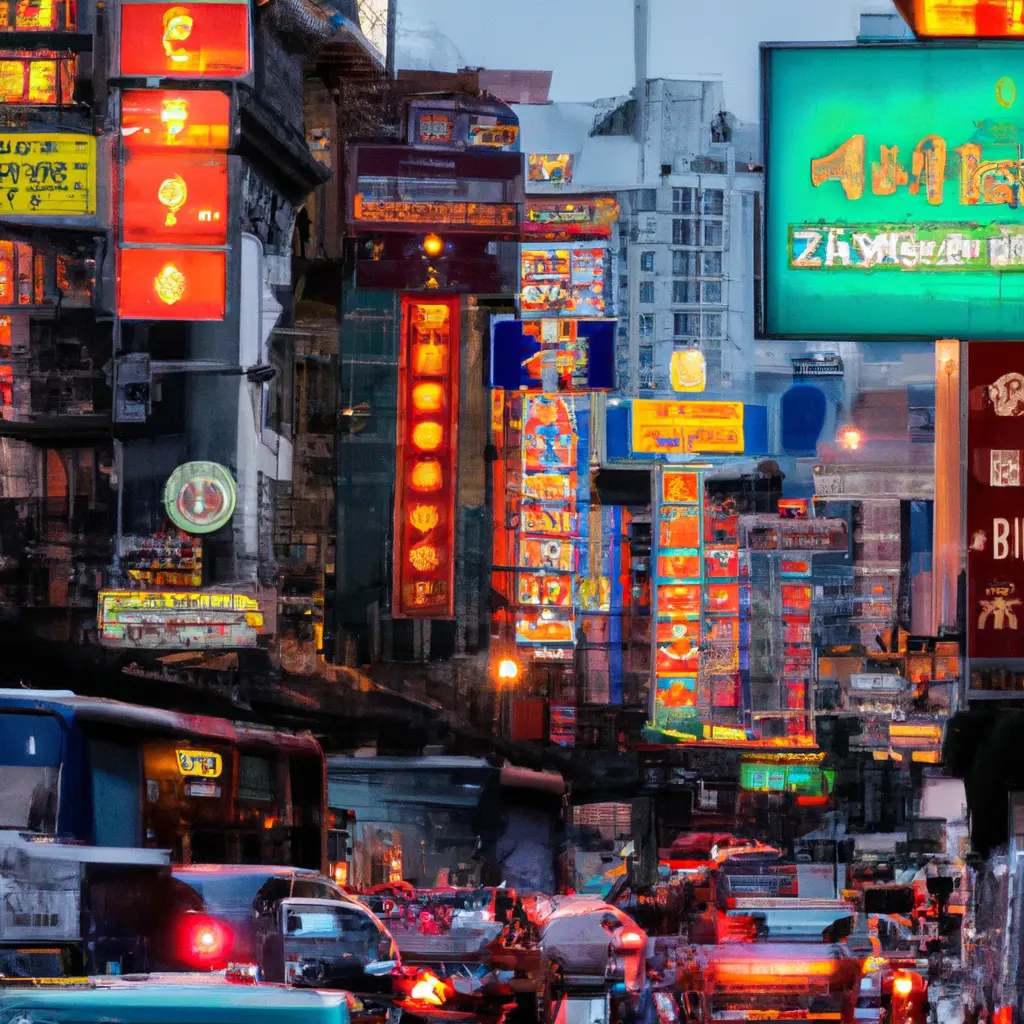Chinese capital returns to Asia's real estate markets: remittances from China to AsiaChinese capital returns to real estate markets in Asia: remittances from China

The lifting of strict border controls on China's COVID-19 pandemic is spurring the exit of hoarded funds overseas, as data from the real estate industry and real estate agents from Australia to Singapore show.
Demand from Chinese buyers is driving up property prices in Singapore, Chinese students are actively buying apartments in Sydney and Melbourne, and agents say there is growing Chinese interest in real estate in Thailand.
Data on initial capital flows overseas remain limited, but hints point to new demand for capital withdrawal from China, where confidence in real estate has weakened and tax rules and criticism of wealth accumulation make investing overseas more attractive.
"Inquiries from regional real estate investors have doubled in Asia "Most investors who are buying now just want to get some money out. We're not seeing a big wave, but there is definitely interest and a lot of inquiries, especially from students returning to Australia. "
The wealthy and middle-class Chinese have long sought to move some of their wealth overseas to diversify their investments and keep assets out of the reach of authorities just in case.
The first signs point to much smaller capital flows than in previous episodes, such as in 2016, when it led to tighter controls on money outflows from China. However, they indicate that Chinese families are considering relocating assets and even themselves overseas in the wake of the pandemic.
The restrictions on overseas withdrawals are likely to prevent waves of capital outflows or a significant impact on the world's second largest economy, but the trend indicates some lack of confidence and puts pressure on a currency that is finding it difficult to move along with China's relaxation of rules on COVID-19.
Australia's real estate data is not split by nationality, but agents say recent interest from foreign buyers has helped stabilize prices and boosted sales figures in Sydney to their highest level in a year in February.
Singapore is also seeing an influx of families and funds.
Purchases of property in Singapore, where the Chinese are the biggest foreign buyers, fell slightly in early 2023 from last year's pace, but only marginally despite a sharp rise in property taxes.
An American school in Singapore said it had "received significant interest from Chinese families looking to enroll," in response to questions from Reuters.
Canada, also a popular real estate market for Chinese investors, has imposed a two-year ban on foreign buyers. Agents in Thailand say buying inquiries from the Chinese are starting to pick up strongly.
Currency deposits at commercial banks in China fell 16.2% in the year to February, although it is unclear whether this indicates capital withdrawal abroad.
Analysts at French bank Natixis say in a note that "one indicator of hidden capital withdrawal" is persistent net capital flows through tourism, but for other purposes related to the large capital transfers that accompany travel.
"A lot of people traveled to Thailand after the borders opened, and they will look at the property market," said Jenny Yang, marketing manager of a Shenzhen-based company specializing in buying overseas properties. "Real estate in Thailand or Malaysia is quite cheap, even cheaper than in China's third-tier cities," she said, noting that a luxury house costs about 2 million yuan ($300,000) and an apartment a quarter of that amount.
"With so many people traveling, there will be demand to buy," Yang concluded.
Comment
Popular Posts
Popular Offers

Subscribe to the newsletter from Hatamatata.com!
Subscribe to the newsletter from Hatamatata.com!
I agree to the processing of personal data and confidentiality rules of Hatamatata














